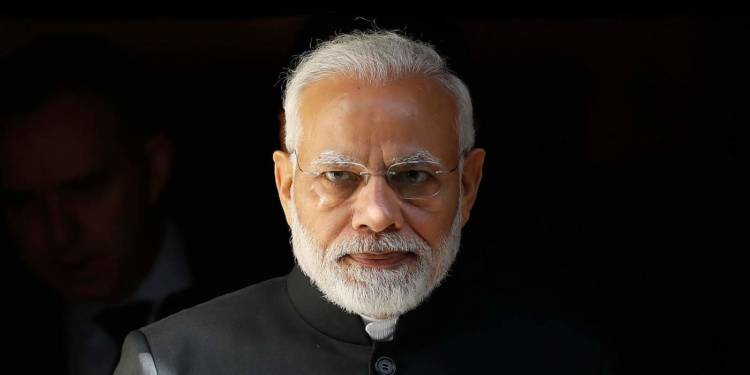Prime Minister Modi is marginalising the Chinese companies which have been fuelling China’s exports-based economy all this while. Not only is the Modi government cornering and targeting Chinese companies stricto sensu, but it is also clubbing Chinese investors in the same category of ‘unsafe’ and ‘unclean’ Chinese interests. India is setting strong precedents for the democratic world to follow.
Take for instance, the immensely popular battle royale game Players Unknown Battlegrounds (PUBG) mobile. Till now, the gaming app was not really seen as an ‘unsafe’ Chinese app, the reason being that while the game has been coded and backed by the Chinese tech giant Tencent Game developers, it was developed by the PUBG Corporation.
But recently it was reported that the Modi government is mulling to ban another 275 Chinese apps, including PUBG, over security concerns and user privacy issues with Chinese apps. Horrified by such reports, PUBG rolled out a new privacy policy as part of its evasive measures to avoid the wrath of the Modi government. The revised privacy policy stated that all data PUBG Mobile collects from its Indian players will be stored on local servers within the country.
But PUBG is just an example. India has been relentlessly indicating that a company with a substantial Chinese investment isn’t a ‘clean’ company, even if the company is otherwise not China-based. Therefore, earlier this year India tightened its FDI rules with an eye on China.
Interestingly, the revised FDI norms applied not only upon state-run corporations and private companies, but also upon “beneficial owners” of an investment into India.
Therefore, even if a company situated outside China seeks to invest in India, but its beneficial owners, that is, shareholders who alone or together enjoy substantial control over such investments, are situated in China, then it would be covered by the latest restriction. Such investments would have to go through the Government route.
New Delhi is institutionalising its animosity for Chinese companies and investors. And this animosity is not unfounded either. Recently, India also recognised seven Chinese companies, including telecom giant Huawei, e-commerce giant Alibaba, and Tencent, have been identified by the government over direct/ indirect links with the Chinese People’s Liberation Army (PLA).
A clear differentiation is being drawn between non-Chinese companies on one hand and companies that are either Chinese or have Chinese investments in them. The message is loud and clear- if you have Chinese investment in you, you are not clean even if you are not based out of China.
India is giving ideas to the free world, and the US has already started going down the same path. Therefore, the US Secretary of State also used the word “clean carriers” for “Jio in India, Telstra in Australia, SK and KT in South Korea, NTT in Japan.” He was using this terminology for telecom companies that have “prohibited the use of Huawei equipment in their networks.”
Chinese investors are thus becoming untouchables of the free world. Companies understand that if they have a substantial Chinese element (or investment) in them, they will automatically be treated like a Chinese conglomerate. No company wants to face scrutiny from a foreign government as it creates a sense of financial uncertainty.
And India is making it clear that if a foreign company wants to avoid scrutiny within India, it must remain pure in the sense of avoiding Chinese investment. Chinese investors are therefore being stereotyped like never before.
India’s actions are heralding a new era in geo-economics. In the pre-Pandemic world, a largely liberal economic agenda dominated the planet. Geo-strategic interests never guided the business policies of a country, and even India maintained strong trade ties with China despite the long-standing border disputes between the two countries. But things are changing now. Global supply chains and business interests are being dictated by strategic equations.
Even the biggest intelligence network of the world- Five Eyes alliance which consists of the US, Canada, Australia, the UK and New Zealand recently decided to end their reliance on China in terms of trade ties, and bring their strategic interests in sync with their trade ties.
As Prime Minister Modi is encouraging the democratic world to reshape their business ties and synchronise them with their strategic interests, the burden of the reshaping is going to fall on China. Not only is the ability of the Chinese companies to invest in the free world getting eroded, but even the Chinese investors are going to be restrained from investing in the business firms of the free world.
Chinese economy is getting more and more isolated, and the Chinese investors are going to be the biggest victim of India’s drastic measures.




























